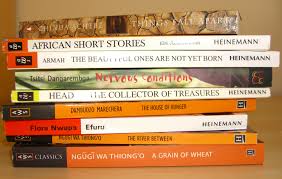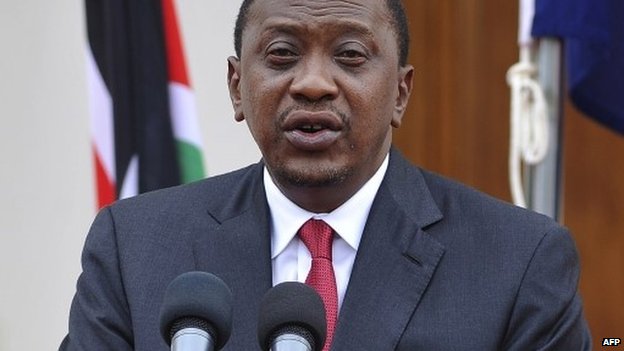Five books you should read because I have

Christopher F. Charamba The Reader
Some reads are timeless. There are books that I have read once and remember where I was and what was happening when I first picked up that book. Of all the books I have read, it’s difficult to pick a top list or rank them in any particular order. My favourite books can be quite seasonal, different tomorrow from what they are today. So, I rarely commit to an all-time list, but always have some books that I would recommend to other readers. Here’s a short list of five.
1. Anthills of the Savannah — Chinua Achebe
I read this book in high school and it is my favourite of Chinua Achebe’s works. The situation in Kangan is a hauntingly familiar tale of the way many African states have been run, where a military man turns into a tyrant.
This particular tale is narrated through three different protagonists, Chris Oriko, the government’s Commissioner for Information; Beatrice Okoh, an official in the Ministry of Finance and girlfriend of Chris and Ikem Osodi, a newspaper editor critical of the regime.
One of my favourite quotes from the book is taken from the passage where Ikem is addressing students at a university and he tells them “Writers don’t give prescriptions. They give headaches!” when they ask him for solutions to the social and political problems he had raised!
2. Decolonising the Mind (The Politics of Language in English Literature) — Ngugi wa Thiong’o
This should be mandated reading for every African. The wisdom carried within those pages goes beyond the politics of African literature, but concerns the politics of our continent as a whole. As Ngugi himself says in the book:
“The present predicaments of Africa are often not a matter of personal choice: they arise from a historical situation. Their solutions are not so much a matter of personal decision as that of a fundamental social transformation of the structures of our societies, starting with a real break with imperialism and its internal ruling allies.
Imperialism and its comprador alliances in Africa can never develop the continent.”
3. Nervous Conditions — Tsitsi Dangarembga
This is the first novel by a Zimbabwean author that I remember reading and it is brilliant.
“I was not sorry when my brother died.”
The first line alone should get you to want to pick it up and guaranteed it will be difficult to put down. Dangarembga covers an assortment of issues including patriarchy, tradition and culture, gender, colonialism and education.
Tambu’s journey from rural life to a school run by missionaries and everything in between is filled with all sorts of drama and interest.
4. Waiting for Godot — Samuel Beckett
ESTRAGON: Let’s go.
VLADMIR: We can’t.
ESTRAGON: Why not?
VLADMIR: We’re waiting for Godot.”
Ever felt like you’re waiting for something, but you don’t know what or when it will arrive? You fall into a routine waiting and waiting and waiting, hoping that one day your Godot will come?
Beckett’s play is filled with humour, but its themes are quite apt when applied to society.
VLADIMIR: I don’t understand.
ESTRAGON: Use your intelligence, can’t you?
VLADIMIR uses his intelligence.
VLADIMIR: (finally) I remain in the dark.
How often do we remain in the dark after seemingly using our intelligence? The play was voted “the most significant English language play of the 20th century”. So do pick it up.
5. Half of a Yellow Sun — Chimamanda Ngozi Adichie
This for me is Adichie’s best book. I knew very little about the Biafran War and in Half of a Yellow Sun Adichie was able to paint a very vivid picture that piqued my interest in what went on in post-colonial Nigeria.
The novel is rich with imagery and exquisite story telling that found me growing very attached to the characters. The ending actually had me bothered for a couple of weeks. In fact, thinking about it now has me asking wondering about some of the characters.
This is the kind of book that has you wondering whether your copy is missing pages at the end.
Another book that crosses numerous themes and should be read in schools around the world. It is brilliant.









Comments